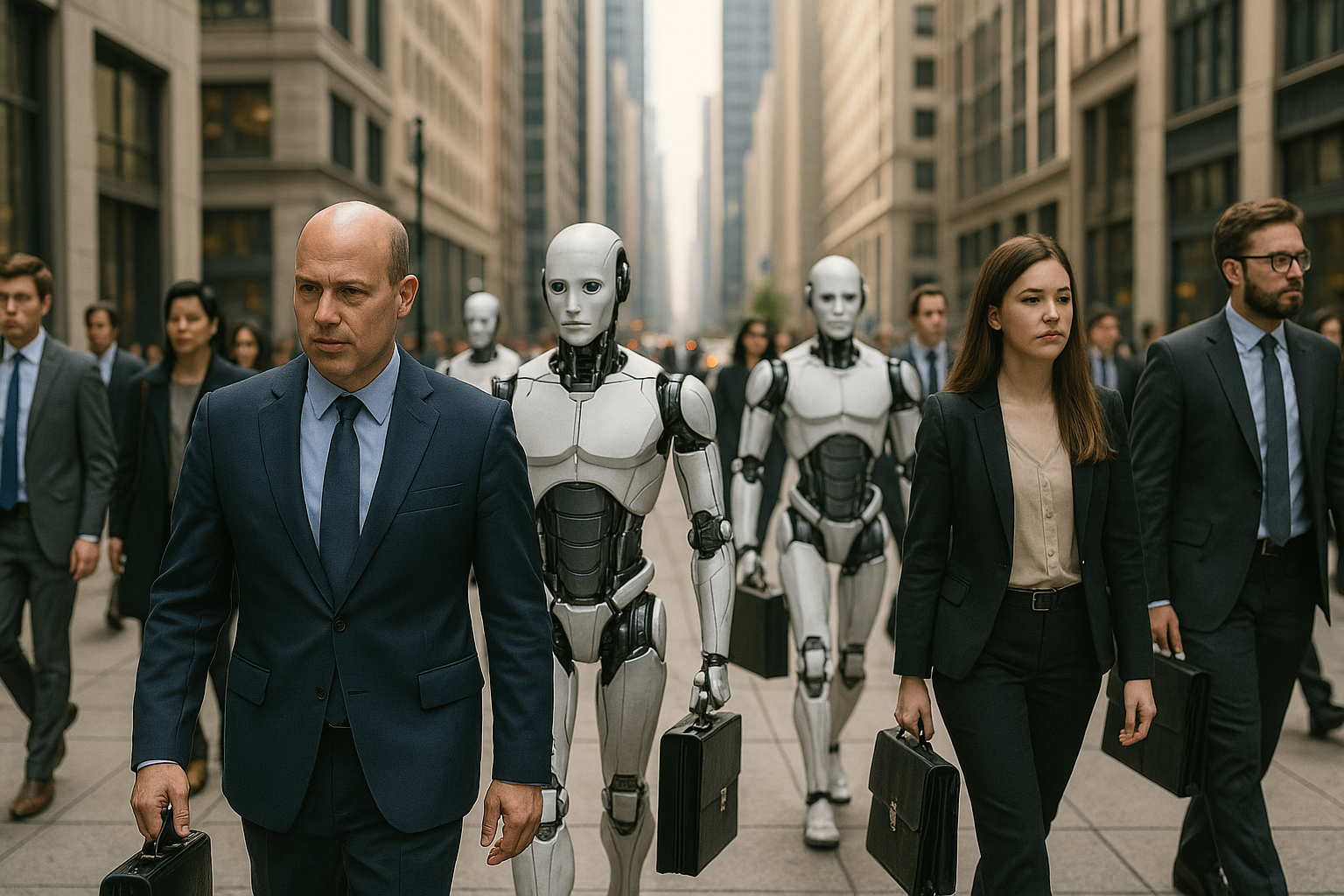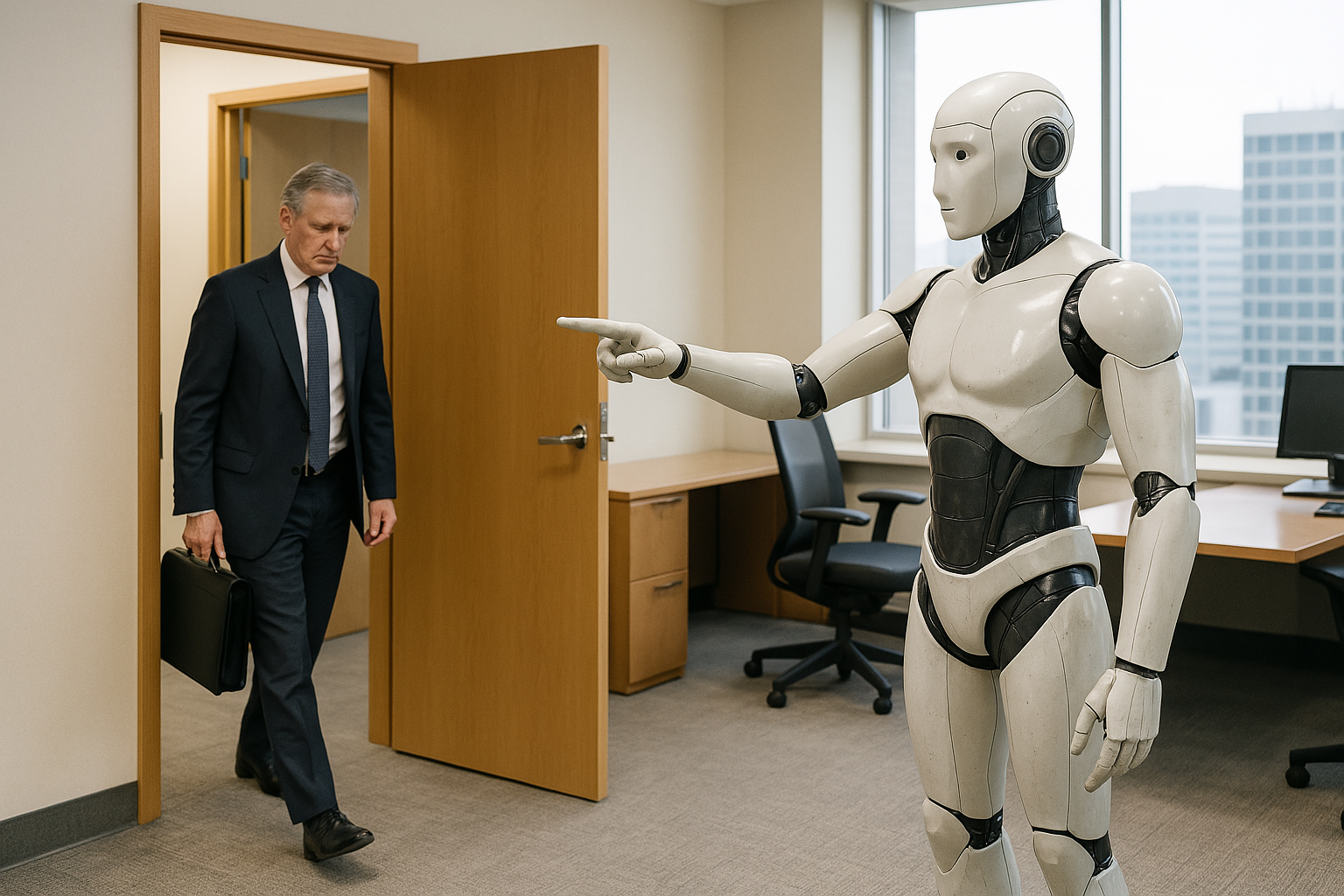The era of middle management is coming to an abrupt end. Artificial intelligence, equipped with real-time metrics, deep market insights, and unparalleled analytical capabilities, is rapidly displacing traditional managerial roles. AI systems don’t just track performance—they predict outcomes, optimize processes, and adapt business strategies instantly, without human bias or hesitation.
As AI-powered platforms autonomously handle employee evaluations, hiring decisions, team assembly, and strategic pivots, the necessity for a managerial class diminishes dramatically. Managers, once the essential intermediaries between frontline workers and executive leadership, now find themselves facing a stark reality: their roles can be executed faster, cheaper, and often more effectively by intelligent algorithms.
AI’s strength lies in its objectivity, removing personal biases from hiring, promotion, and operational decisions. By instantly processing vast datasets—employee productivity metrics, market fluctuations, sales trends, customer feedback—AI consistently makes decisions based on cold, hard facts rather than subjective judgment.
What remains for human managers? Those who survive the AI transition will be the ones who embrace collaboration with intelligent systems, focusing on areas AI still can’t fully master: emotional intelligence, nuanced employee coaching, and managing complex interpersonal dynamics.
But make no mistake—AI’s ascent marks a fundamental shift. Organizations hesitant to acknowledge the inevitable may soon find themselves left behind, outpaced by competitors who understand that the most effective manager in tomorrow’s world might just be the one without a pulse.

